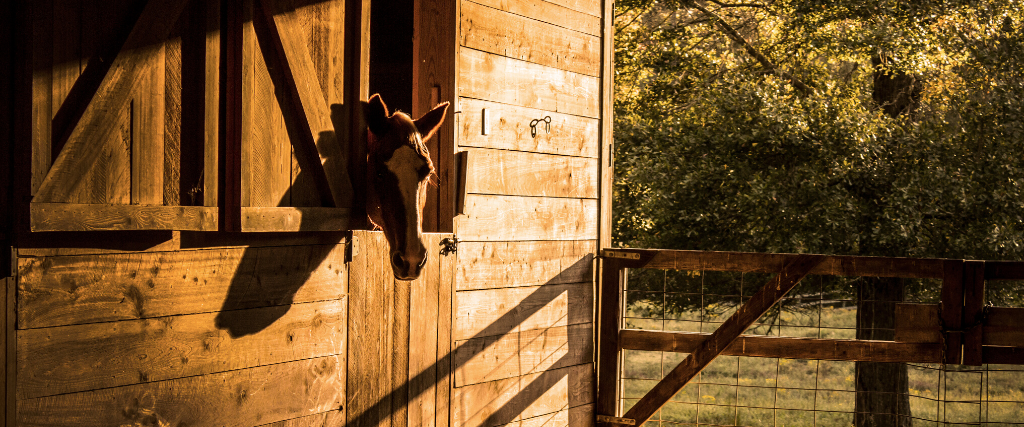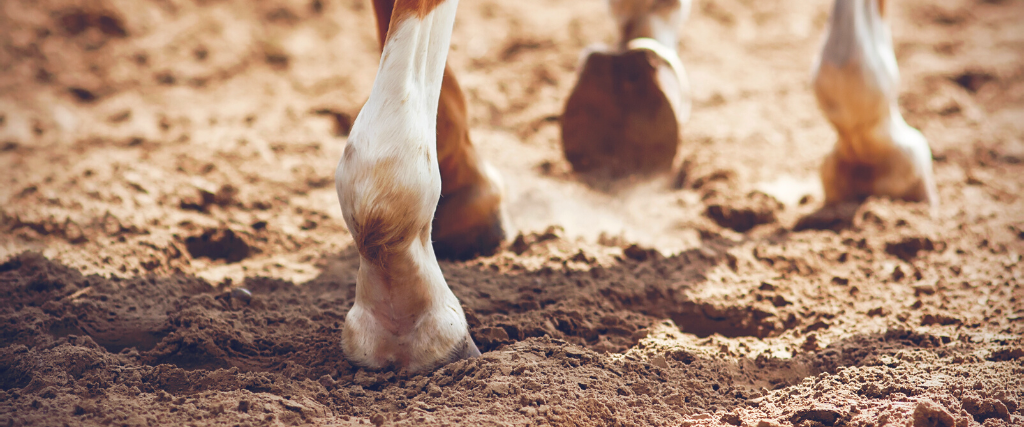Owning horses is a wonderful experience. Sharing your life with a horse (or an entire herd!) is very rewarding, but it comes with a lot of responsibility. Simply having a deep love for these majestic creatures isn't enough. You must also understand their needs and have the financial means to keep up with those needs. And, of course, you'll need to have the time and energy to dedicate to caring for your equine companion.
When it comes to horse care, there is a lot that goes into it. Proper feeding and watering are essential, as is parasite prevention. Horses also need regular hoof maintenance and a shelter that is big enough to protect them from the weather. They also need plenty of exercise and should see a veterinarian regularly for checkups. You'll also need to be prepared for emergencies and have a plan for caring for your horse(s) 7 days a week, 365 days a year for 35 years (or longer).
While horse care may seem daunting at first, it is important to remember that most of it is routine and easy to learn. The most important thing is to be patient and take things one step at a time. As veterinarians, we are here to help you give your horse the best life possible. Whether you are already a horse owner or are in the planning stages of becoming one, here are a few basics of horse care that you need to know.
Veterinary Care
Your horse will need to be examined by a veterinarian every year. They will also need to be vaccinated against tetanus, rabies, and other diseases. Your veterinarian will also provide routine dental care and may recommend additional services on an as-needed basis. And of course, horses need prompt veterinary care when they are sick or injured.

Feeding and Watering
Horses require food and fresh water on a daily basis. On average, a horse drinks about eight gallons of water and eats roughly 20 pounds of food (including hay or grass from the pasture and grain) every single day. It is important to make sure that horses have clean water to drink at all times and that they are not allowed to overindulge when eating. Too much hay can lead to obesity and other health problems, so you'll need to closely monitor how much your horse eats.
Keep in mind that feeding a horse isn't like feeding a dog or a cat. They have rather small stomachs considering their size, and their digestive systems are surprisingly delicate. Because of this, they need to graze and nibble on food throughout the day rather than indulging in one or two daily meals like many smaller animals.
Your horse will also need to have access to a salt lick. Natural salt licks provide trace minerals, triggering horses' thirst, prompting them to drink and reducing their risk of dehydration. Some folks choose manufactured mineral blocks, but natural salt rocks like the Redmond Rock are a better option.
Parasite Prevention
Horses are susceptible to a number of different parasites, so it is important to take steps to prevent them from becoming infected. They are especially prone to intestinal parasites because they are exposed to them frequently while grazing. Several different products available can help with this, including dewormers, insecticides, and fly repellents. Keeping the horses' living area clean and free of pests is also important.

Hoof Maintenance
Horses' hooves need regular care in order to stay healthy. This includes checking for cracks or chips, trimming the hooves as necessary, and applying hoof polish or sealant. Be prepared to have a farrier visit every four to six weeks for routine hoof trimming and shoeing. You'll also need to reach out to a farrier (or a veterinarian, depending on the severity) if your horse has problems with any of their hooves. If hoof problems are not treated early, they can become quite serious and even lead to lameness.
Shelter
Horses need a shelter that is big enough to protect them from the weather. The shelter should be well-ventilated and have a good drainage system so that the horse does not get wet or muddy. It is also important to make sure that horses have plenty of bedding in their shelter so that they can stay warm during the winter months. Even if you are in a warmer climate where snow and bitter cold are not problems, your horse still needs shelter to protect them from the sun and keep them dry on rainy days.
Exercise
Horses require plenty of exercise in order to stay healthy. They should be allowed to run around in an open area where they can gallop, roll, and play. It is also important for them to spend time walking around so that their muscles stay strong. Unless your veterinarian tells you otherwise, your horse should not be spending their days confined in a stall.
Closing Thoughts
Whether you are thinking about buying a horse or are already a new horse owner, the basics of horse care outlined above are just that: basics. Taking care of a horse is a big responsibility and requires a lot of commitment. Horse ownership also comes with a hefty financial investment, and as a responsible owner, it's up to you to ensure that you have the means to meet your horse's needs.
If your horse needs a veterinarian, we're here for you! Contact us today to learn more about our equine services or schedule an appointment.
